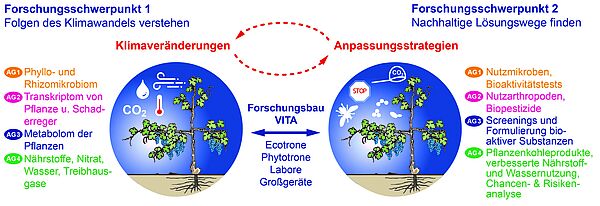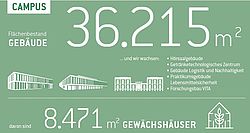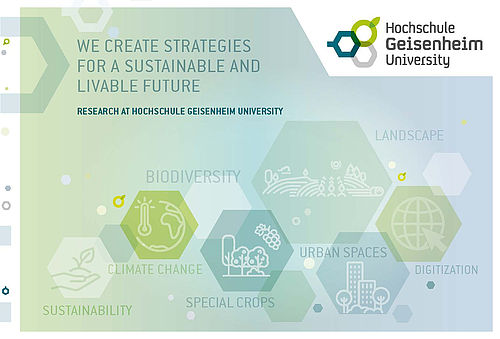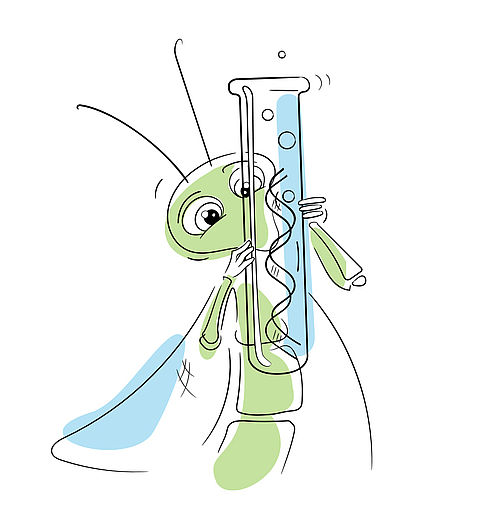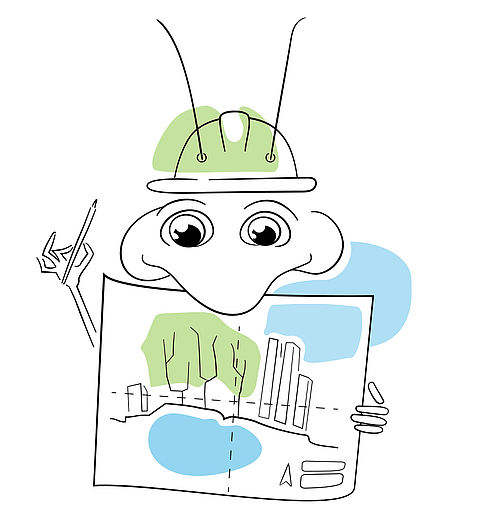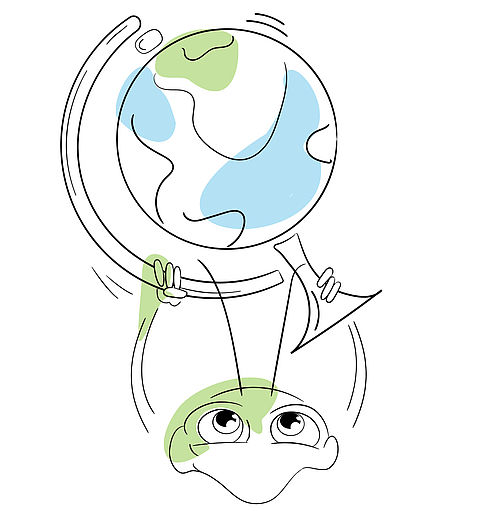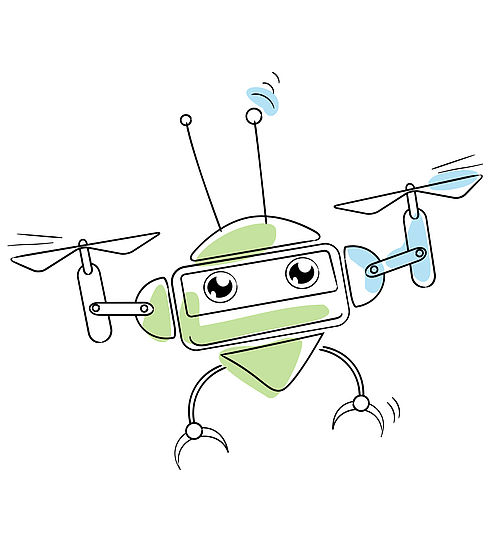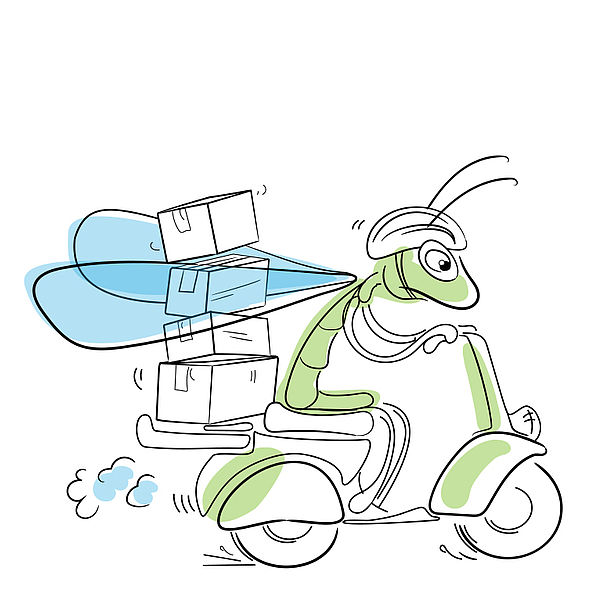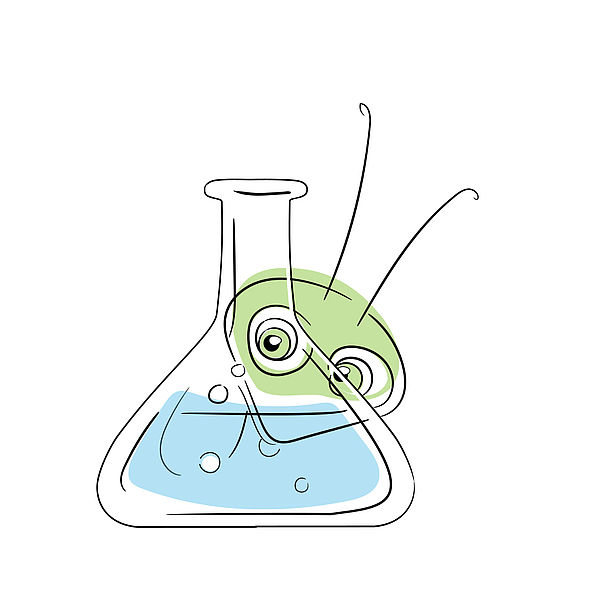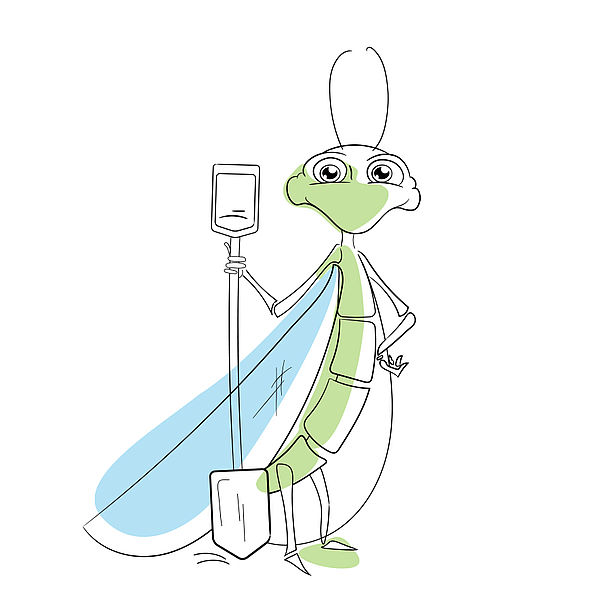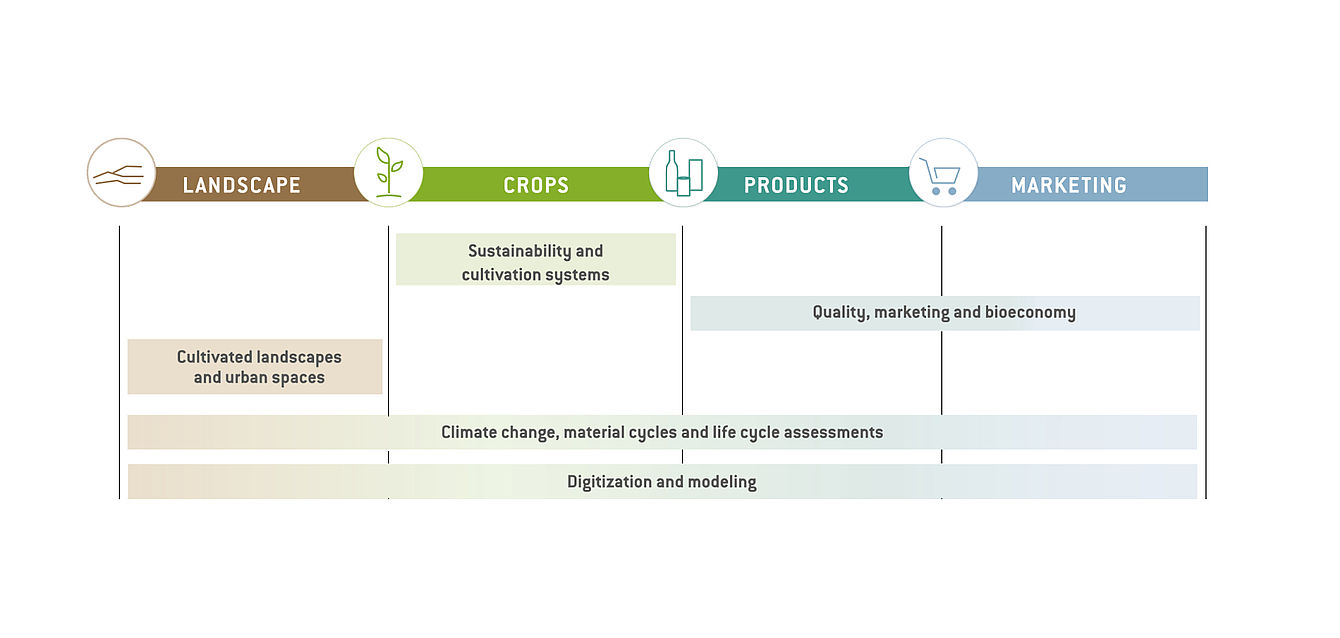Climate change, sustainability goals, loss of biodiversity – the world is facing many challenges that also affect special crops. Cultivating grapevines in Germany and Europe, for instance, requires a very high use of pesticides. Without appropriate counteractions, the problem is likely to get worse due to climate change, new pests that will colonize as a consequence or the rising pressure on existing pests. Additionally, strategies for the supply of nutrients and water must be adapted to changing climatic conditions. Scientists at Hochschule Geisenheim University will soon have a new center dedicated to address those issues. On April 23, 2021, the German Council of Science and Humanities recommended the funding of the Viticulture Adaptation Center for Sustainability and Climate Change (VITA). Subject to the final decision of the Joint Science Conference (GWK), the building will be funded with 32.5 million euros, equally provided by the Federal Government and the State of Hesse.
Science Center with a one-of-a-kind infrastructure
The center will provide excellent infrastructure for scientists to analyze the effects of climate change on plant metabolism, interactions between grapevines and associated organisms, ecosystem functions, and on water and nutrient flows in vineyards. Based on the results, sustainable plant-based or microbial-based products to improve plant and soil health and the resilience of grapevines towards climate-related stressors are to be produced and tested. Safeguarding and promoting biodiversity in the vineyard is the key target. Simultaneously, scientists will assess potential risks and unwanted side-effects when applying the products, for instance with regard to increased amounts of nitrate leaching into groundwater or greenhouse gas emission. As key components for all planned research activities, the VITA science building features phytotrons (walk-in-size greenhouse chambers) and vineyard ecotrons (research units to manipulate and measure complex ecological interactions in the vineyard ecosystem), which enable scientists to cultivate grapevines and their related organisms that live above and below ground under precisely defined and reproducible climatic conditions. Additionally, the new building is planned to house six new large-scale research facilities, which are indispensable for the prospective research program.
The research program of the VITA science building will integrate and decisively strengthen the research focal points that sharpen the university’s profile: “developing productive, quality-oriented and sustainable cultivation systems for special crops” and “assessing the risks of climate change- developing strategies for adaptation and mitigation”.
VITA – another unique feature of Hochschule Geisenheim University
Research in the VITA science building aims to find sustainable and efficient solutions to address the impact of climate change and the consequences of a future characterized by higher levels of CO2 concentration and extreme weather conditions. “With the VITA science building, we will pursue a unique research approach, both in terms of the questions we want to address and the planned technical infrastructure. As another unique feature of our university, VITA will make research on grapevines and associated organisms more visible on a national and international level, thus providing the ground for further studies on these topics”, explains Prof. Dr. Annette Reineke, Vice-President of Research and spokeswoman of the group of applicants. University President Prof. Dr. Hans Reiner Schultz is equally pleased: „This is a huge success for our university given the financial volume and the huge number of applicants competing for this type of funding – in most cases, technical and medical science buildings are more likely to receive financial support. I take pride in the fact that our small institution and compete against the “big players” and that the new center will provide unique resources to conduct research into future forms of viticulture. The entire industry will benefit – both nationally and internationally.“
Science Building to be part of the Central Campus
The new VITA science building with a total area of approximately 1,500 square meters will be in the direct vicinity of the ZIG laboratory building and the university’s greenhouses and vineyards, including the vineyard FACE Facility (Free Air Carbon Dioxide Enrichment), a one-of-a-kind outdoor research infrastructure to study future form of viticulture with elevated CO2 concentration. The central location of the research building provides perfect conditions for interdisciplinary and transdisciplinary cooperation, which will be the basis for developing new concepts. Simultaneously, the central location demonstrates the importance of the center’s research goals for the university. Construction must be completed within a period of five years after the forthcoming approval by the Joint Science Conference.
For further information on the Viticulture Adaptation Center for Sustainability and Climate Change (VITA), please contact Prof. Dr. Annette Reineke, Professor for Crop Protection in Viticulture and Horticulture, by calling +49 6722 502 413 or send an e-mail to annette.reineke(at)hs-gm.de. The Communication Department of Hochschule Geisenheim University is also happy to take your questions: Kommunikation(at)hs-gm.de

